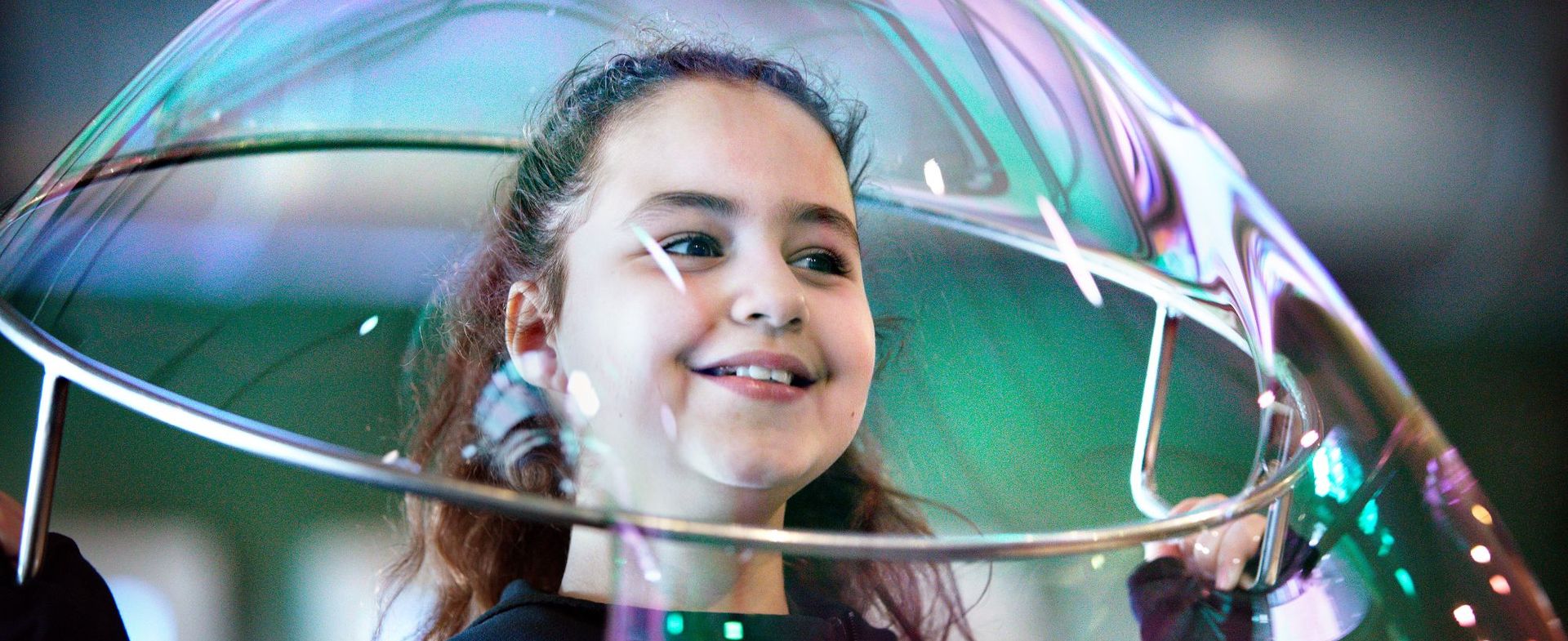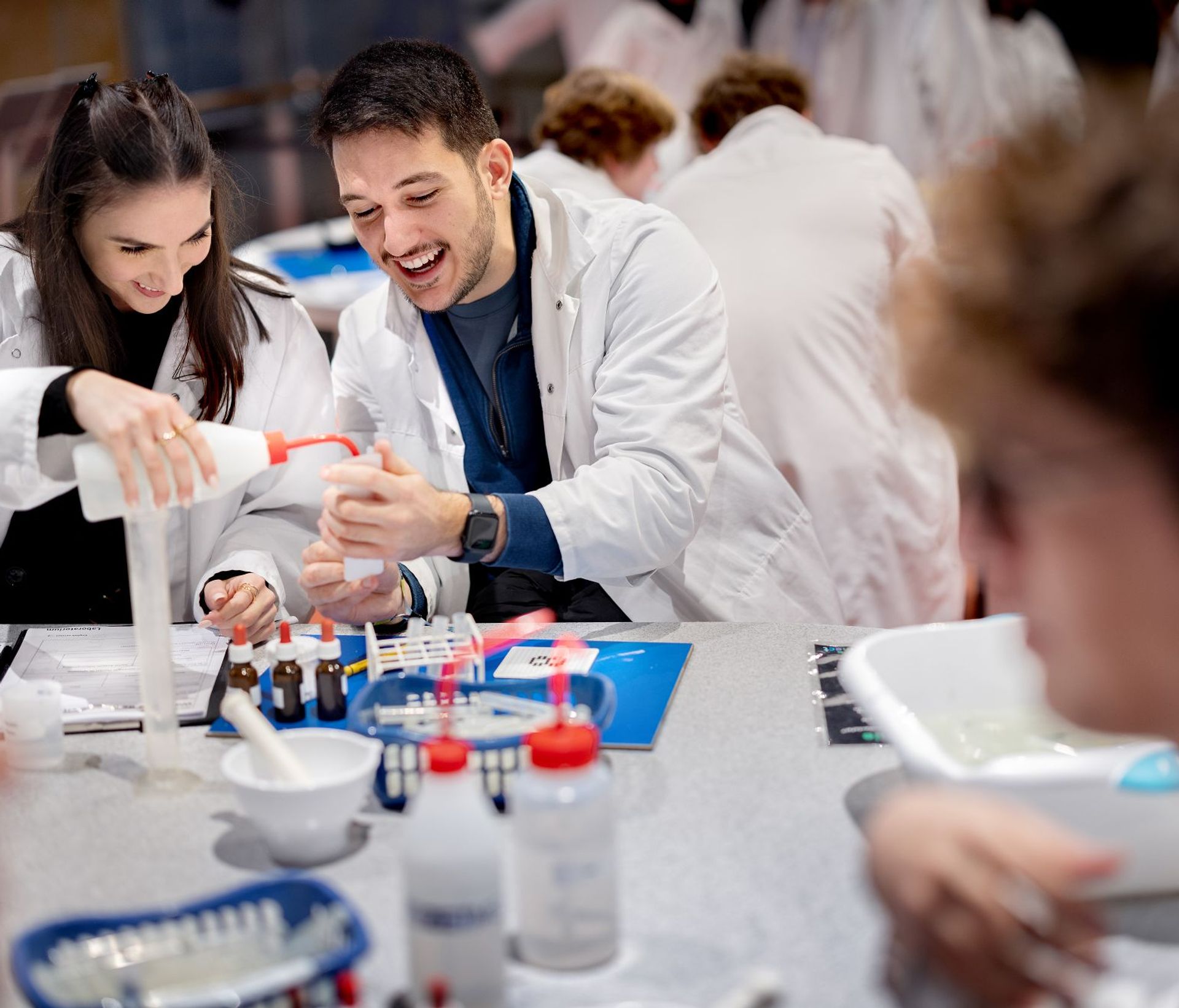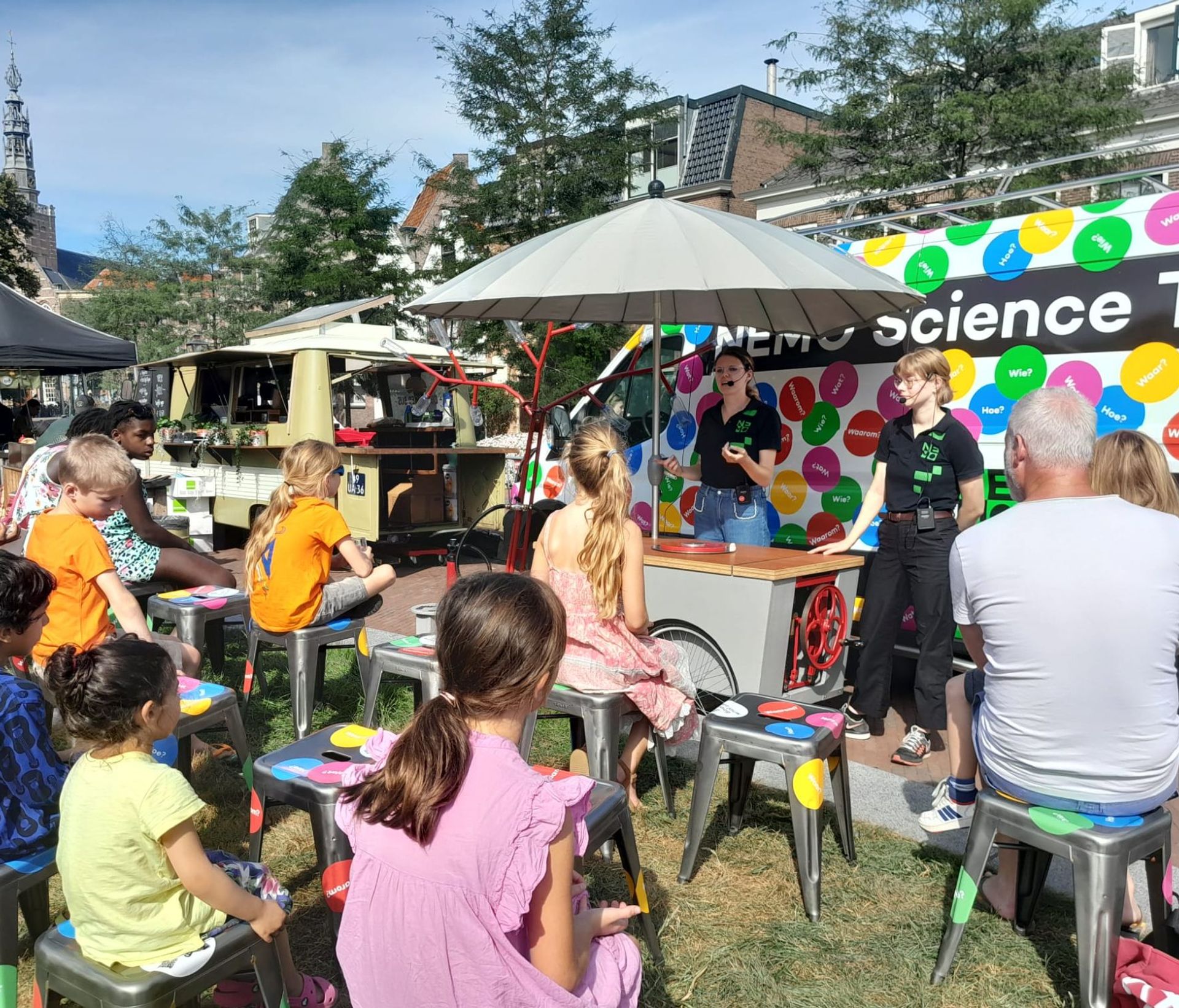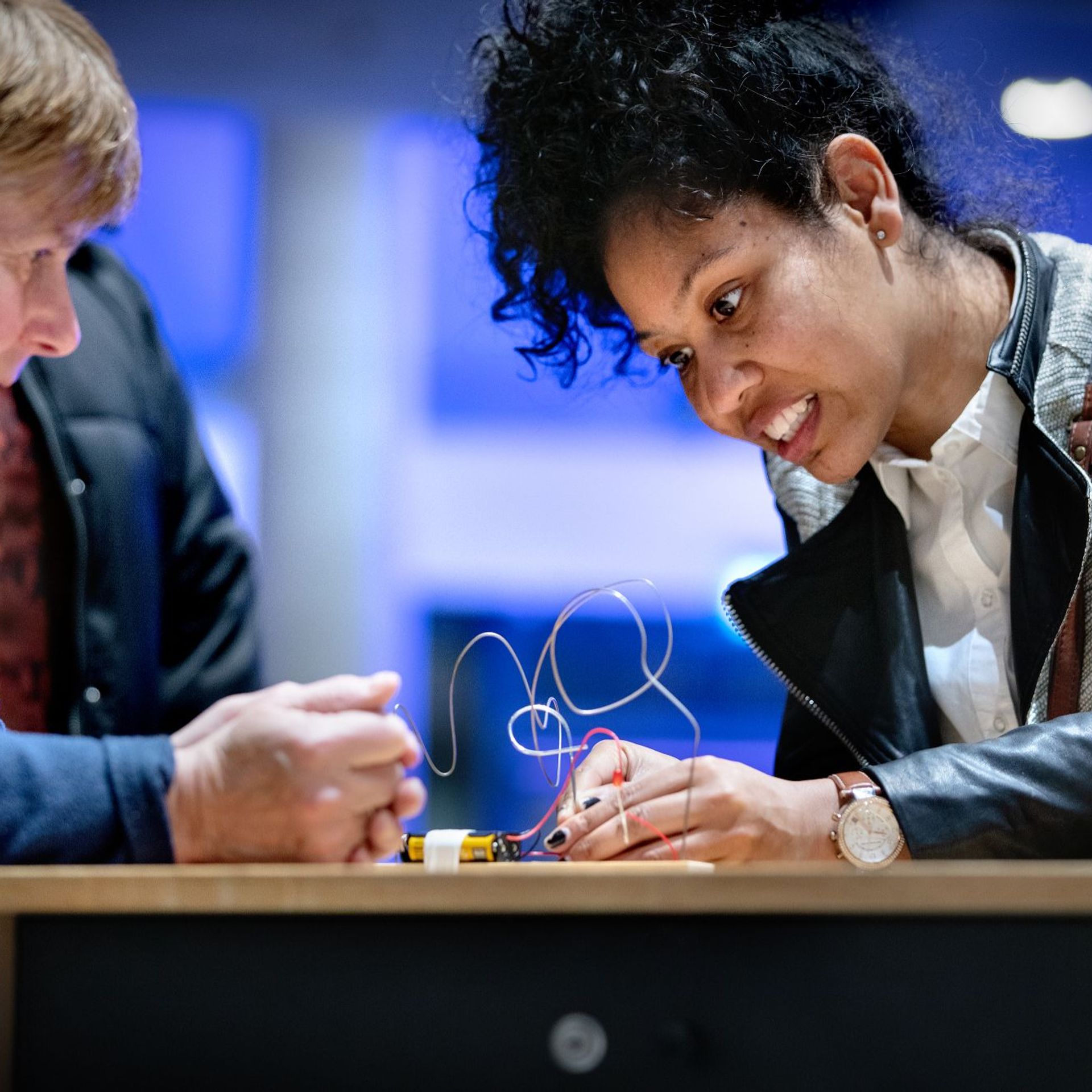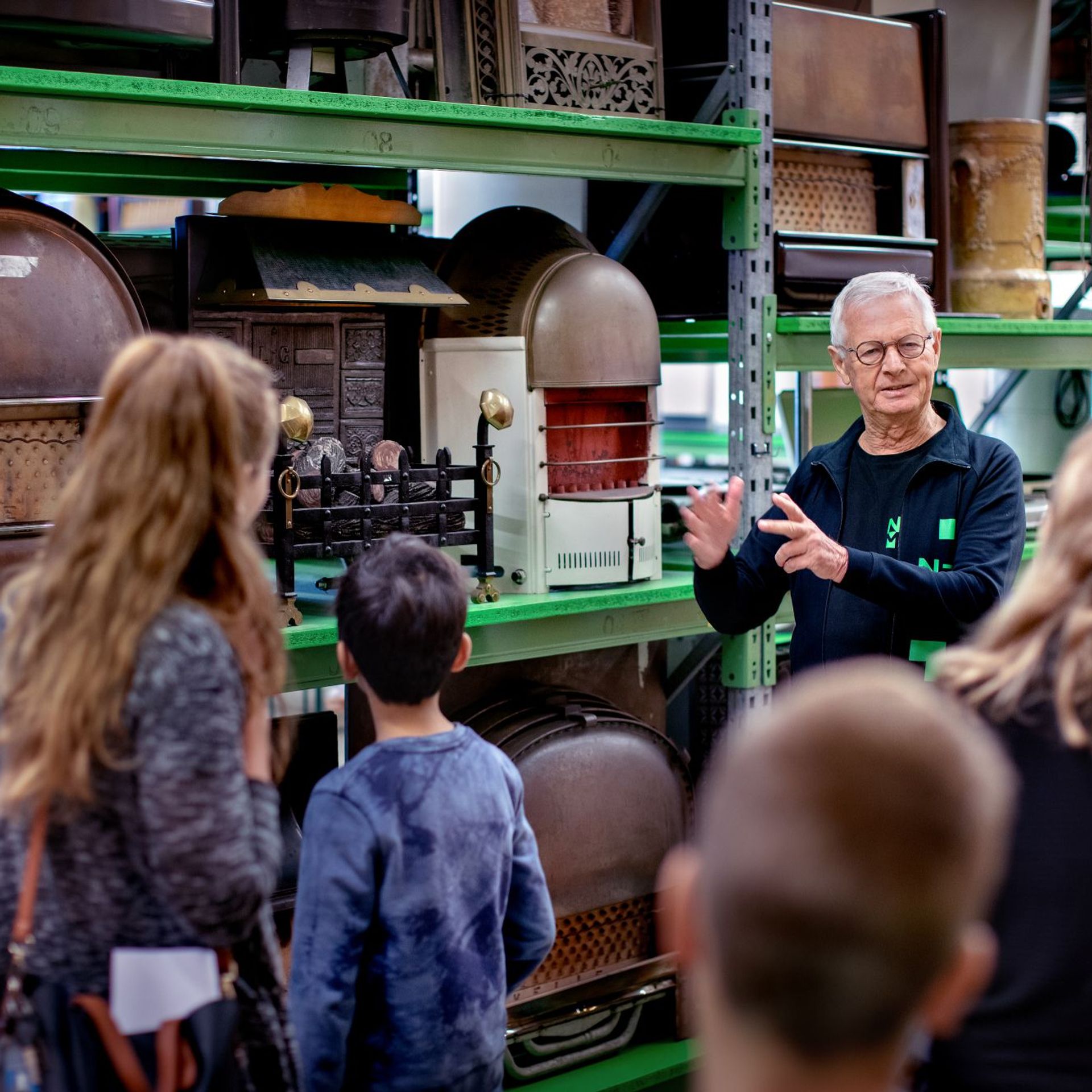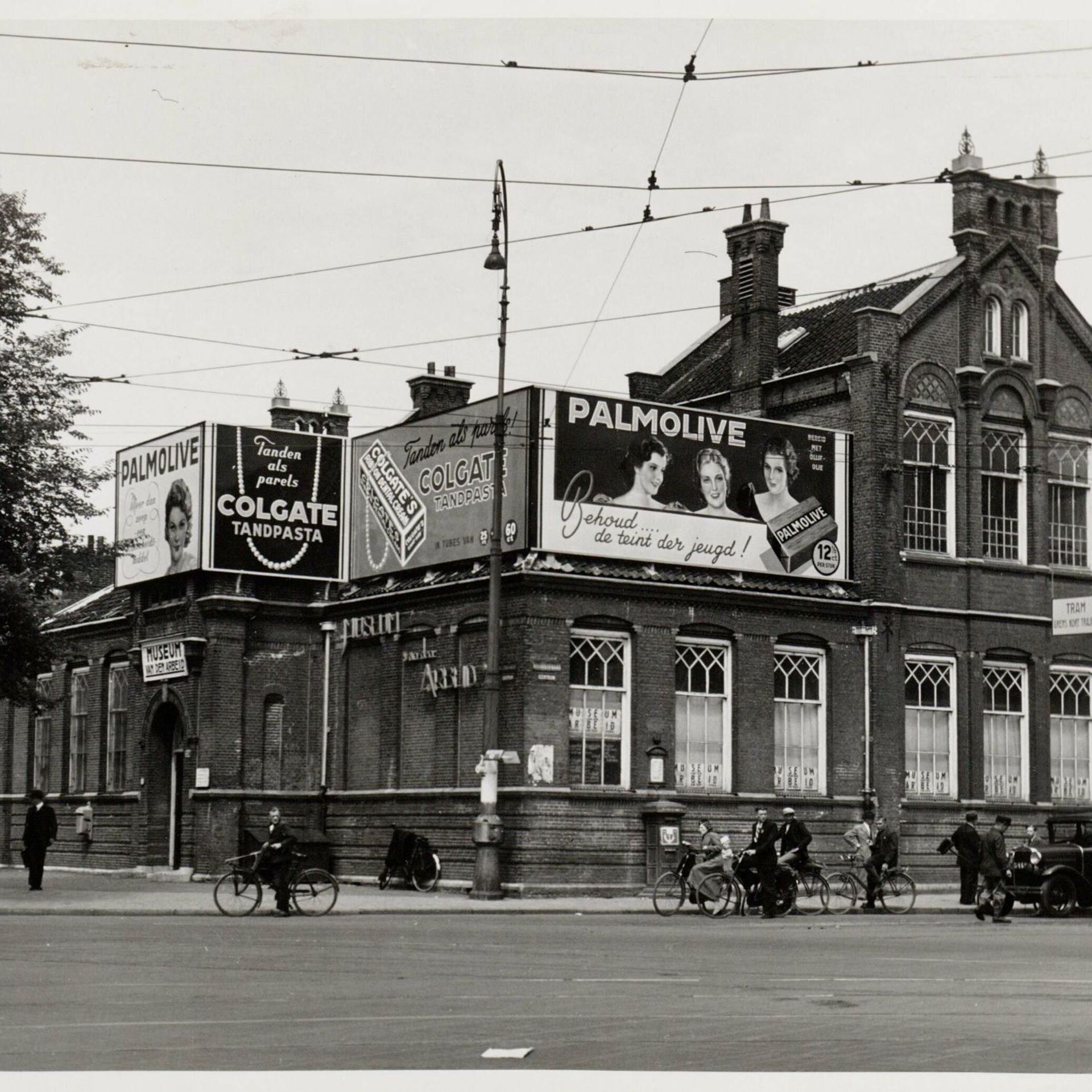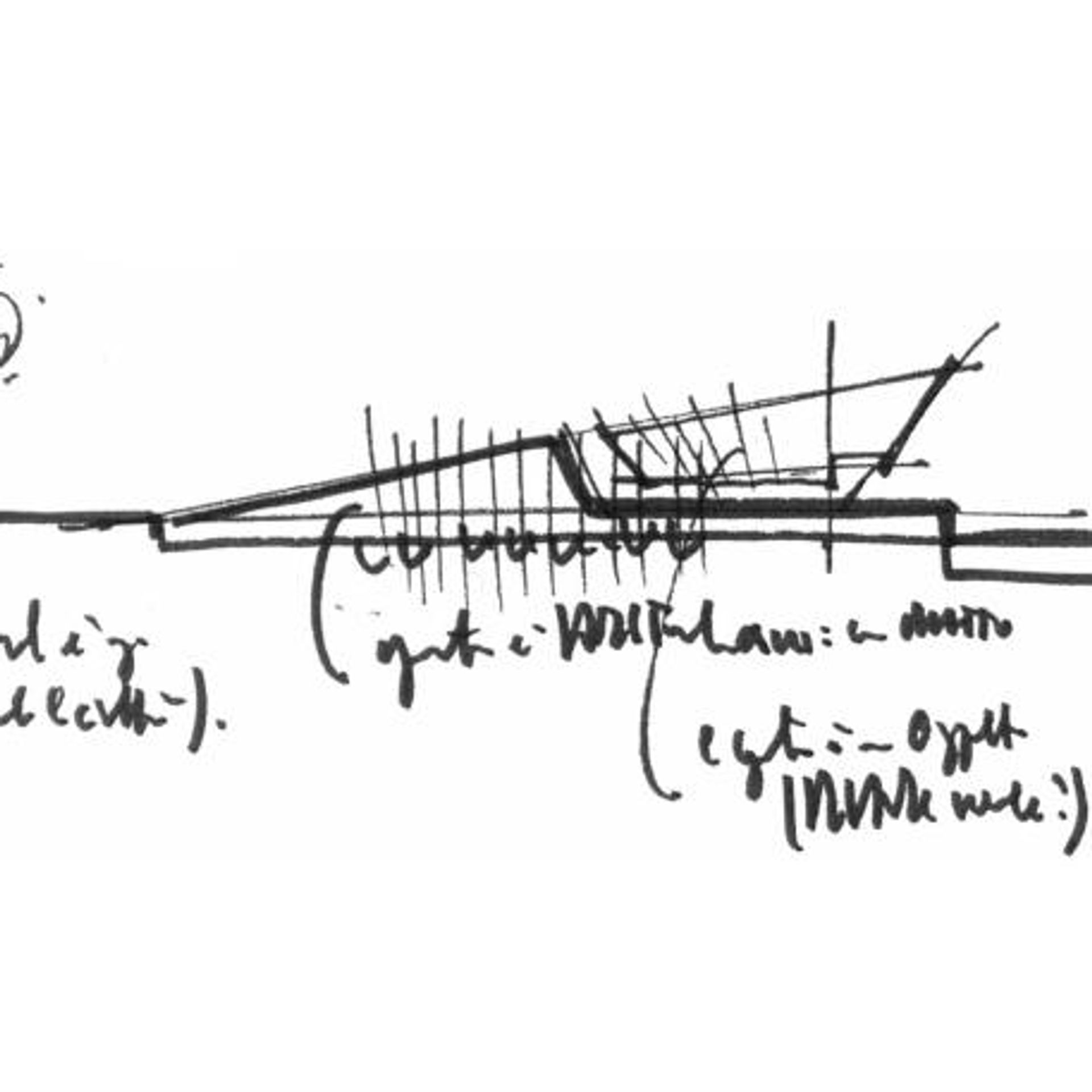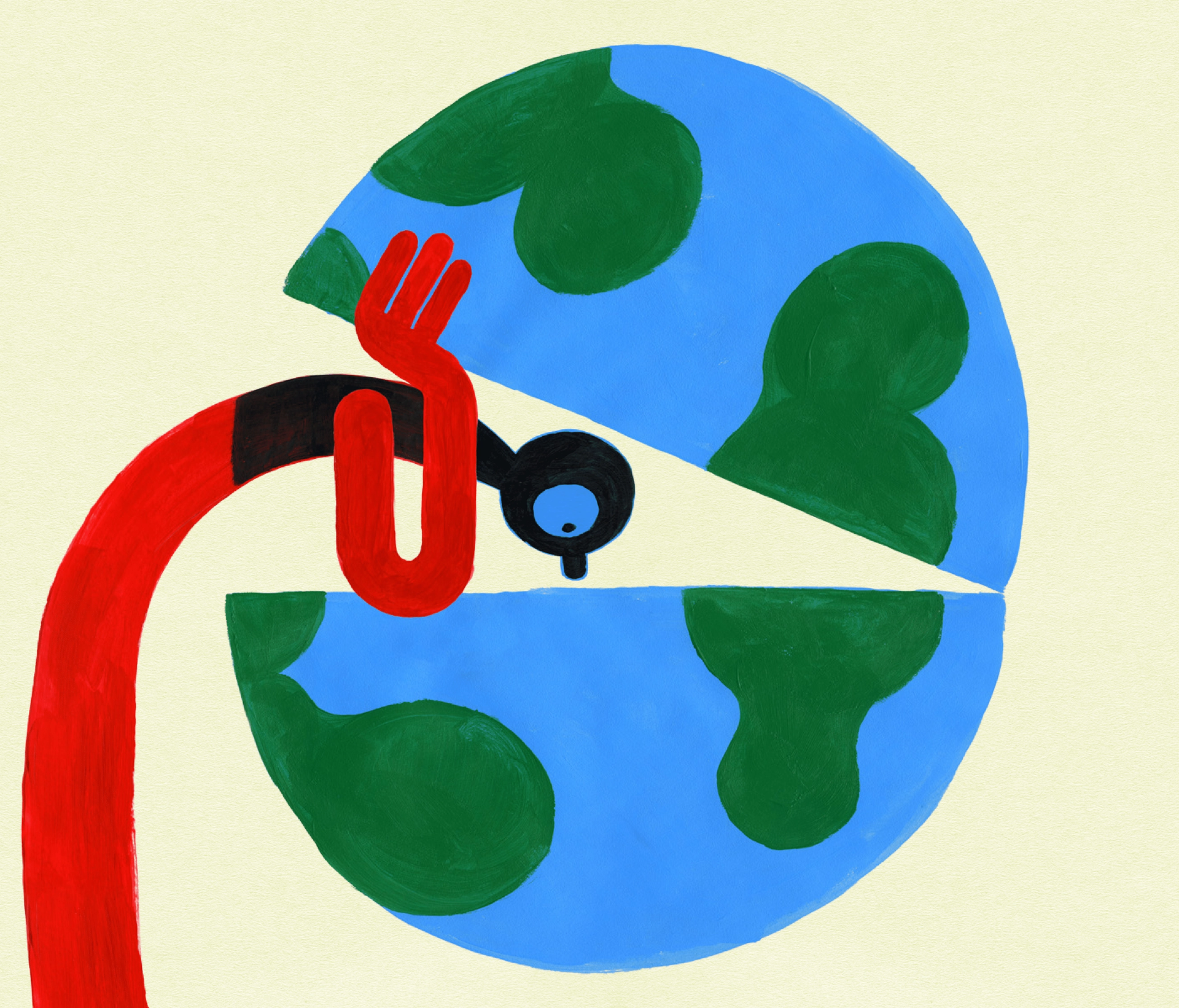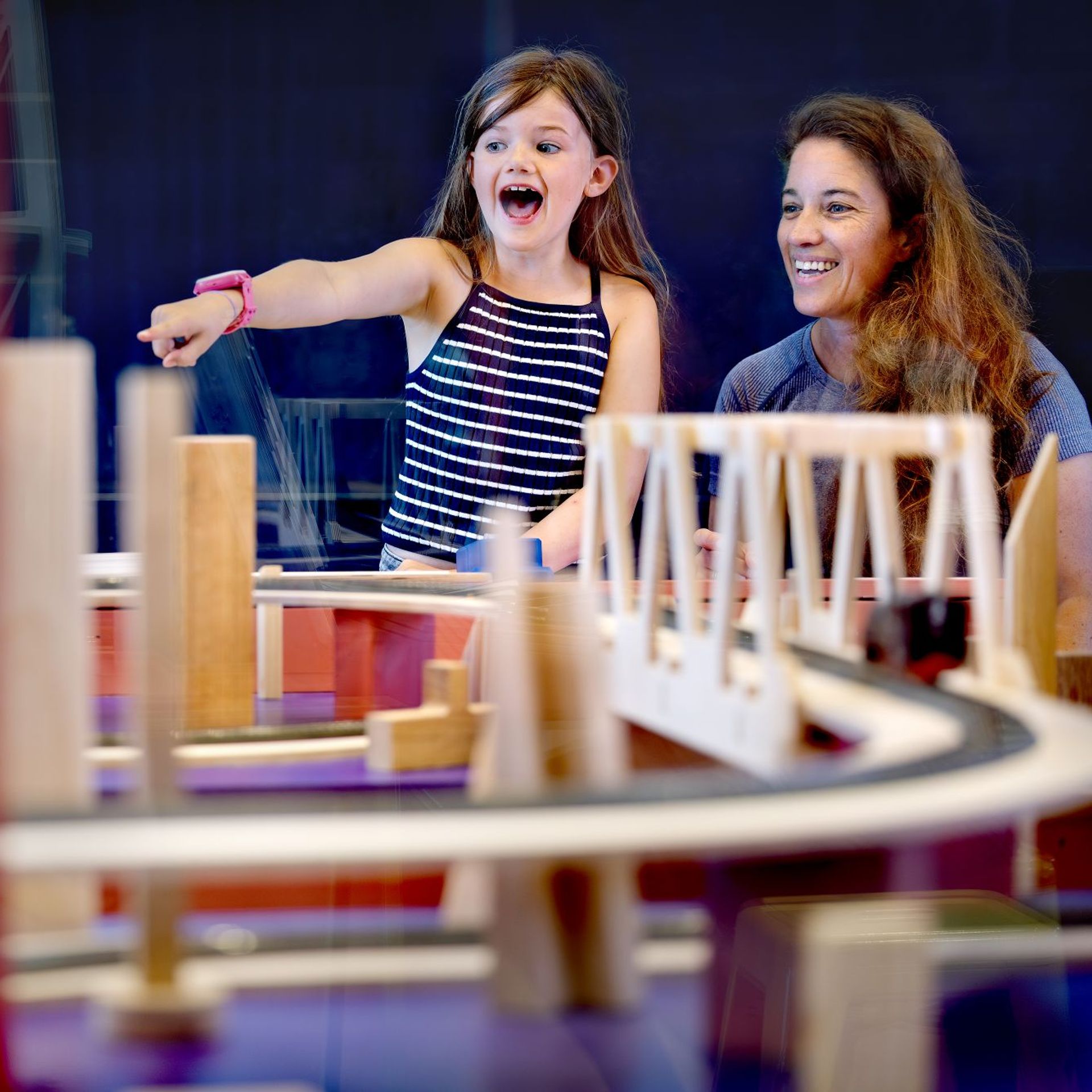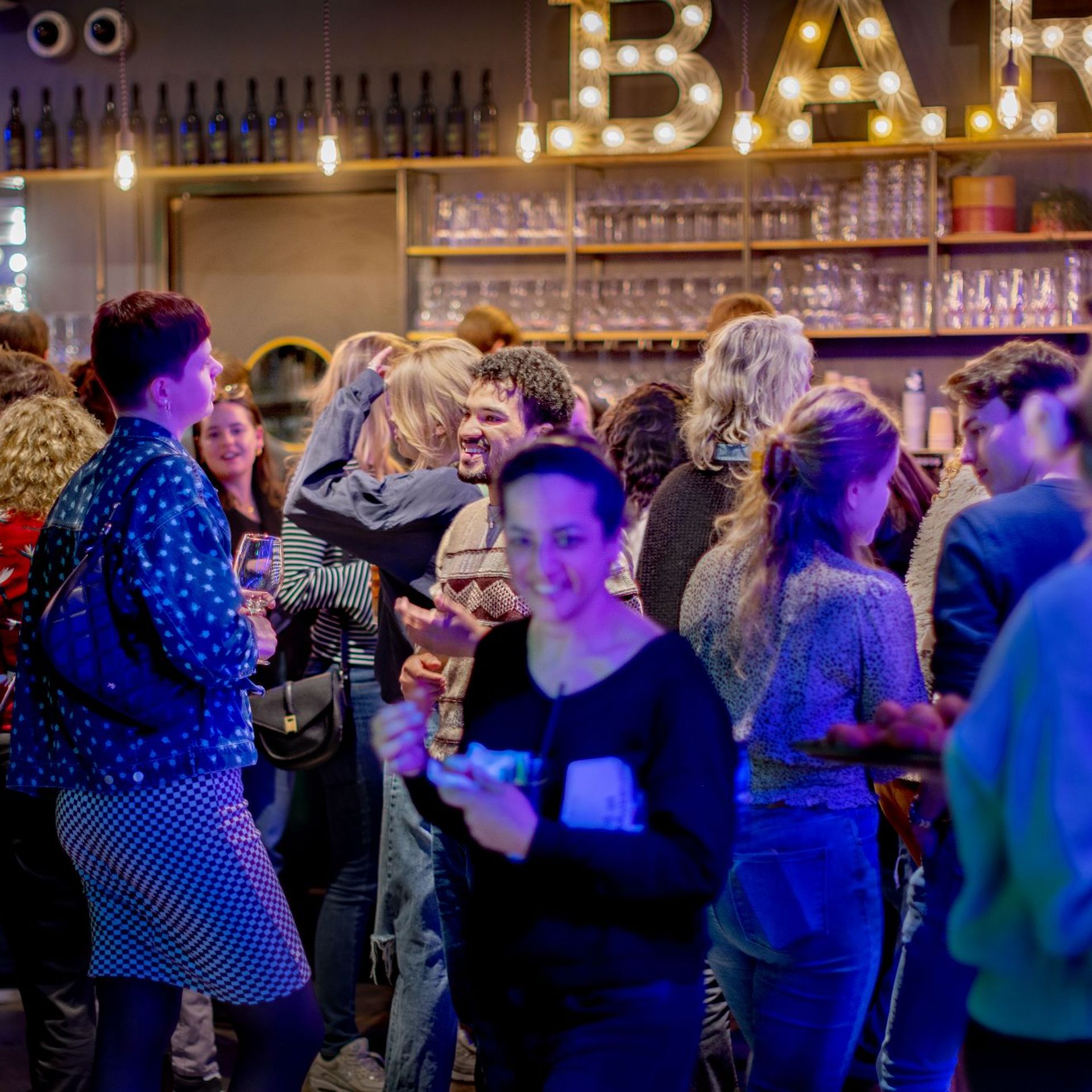NEMO’s mission and vision
Mission
Making the world of science and technology accessible to all.
Vision
Science and technology are intertwined with everything we do and make.
We need an understanding of both to decipher and change the world around us. And the better we understand them, the better we can keep up. Those insights help us to learn how to make a positive impact on society, support biodiversity and care for the planet. NEMO is a place to immerse yourself in that world, discover how it shapes your life and learn about your place within it.
